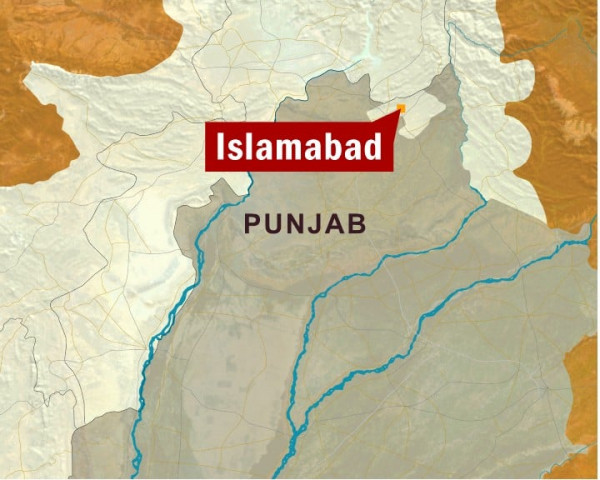PML-Q calls for disbanding CII

“Close down the CII…it is of no use,” PML-Q legislator Riaz Pirzada said during the ongoing debate on the federal budget for fiscal year 2010-11 in the National Assembly on Friday.
“Did the CII ever come up with an edict (fatwa) against suicide bombings or the Taliban,” he said. Pirzada questioned the role of an institution former military ruler General Ziaul Haq had established to Islamise Pakistan’s constitution and criminal justice system.
Pirzada’s demand appears to be first public call by lawmakers to do away with the CII.
Bushra Gohar of the Awami National Party (ANP) was quick to support Pirzada’s viewpoint, saying that the CII has never been an effective institution to block the spread of Taliban’s radical interpretation of Islam.
These calls coincide with a reported government plan to appoint a JUI-F man as head of the council – a move aimed at saving the fragile ruling coalition from falling apart.
The decision to appoint Senator Maulana Muhammad Khan Sherani as CII chief was taken by Prime Minister Yousaf Raza Gilani last week to allay the JUI-F’s concerns.
Bushra Gohar termed the proposed arrangement as a politically-motivated move and warned the government against going ahead with the “controversial” plan. Pirzada was also critical of the expected appointment.
For him, there was also no justification to have a Shariat court because it doesn’t serve either the religion or the state. Rather, he added, such institutions are adding to the spread of fundamentalism.
In an apparent reference to a recent rift between the government and the Supreme Court, Pirzada argued: “Courts have nothing to do with running the government. Their responsibility is to administer justice.”
Pirzada, who hails from South Punjab, urged the PPP to show what he called a national character.
He saw the party as being obsessed with its Sindhi nationalist outlook, saying that such a mentality could lead to a political disaster similar to the one that led to the fall of Dhaka in 1971.
Taking part in the debate earlier, PPP lawmaker Fauzia Wahab said Pakistan should seek a waiver of multinational and bilateral loans it owes to Western allies for Islamabad’s services as a frontline state in the “war on terror.”
As a lackluster and poorly attended debate headed for conclusion, lawmakers from urban and feudalistic background continue to put forward arguments in favour of and against taxing the agriculture sector.
Jamshed Dasti of the PPP claimed that former premier Nawaz Sharif was aware of a “secret deal” under which former military ruler Pervez Musharraf relinquished the presidency back in 2008.
The House would resume debate on Saturday.
Published in The Express Tribune, June 19th, 2010.



















COMMENTS
Comments are moderated and generally will be posted if they are on-topic and not abusive.
For more information, please see our Comments FAQ